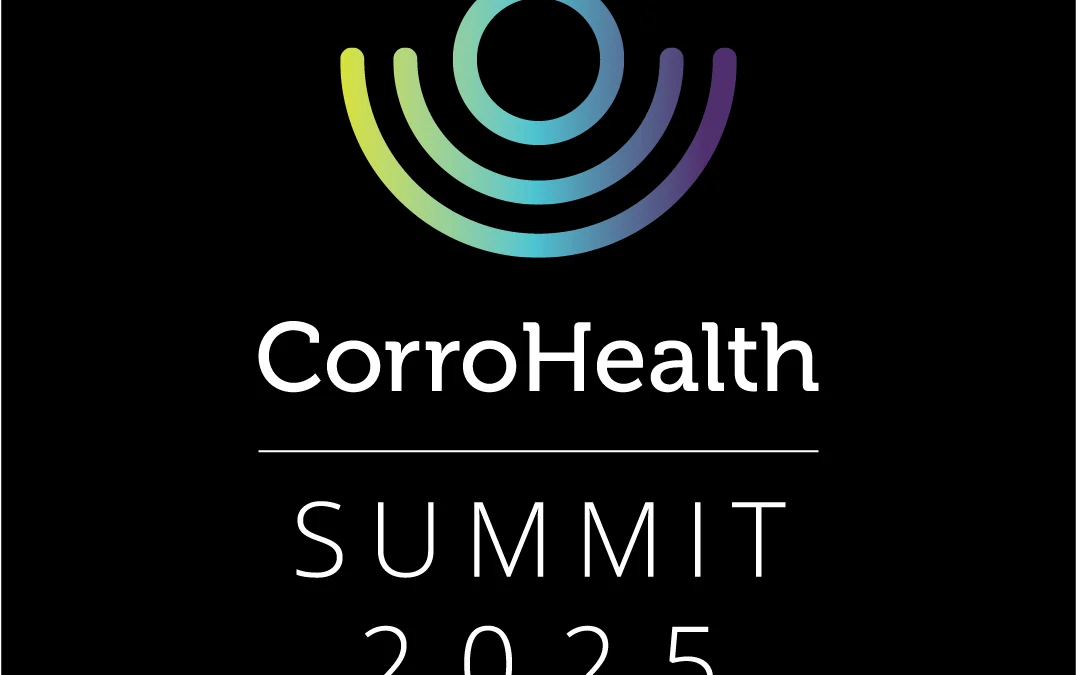Five hospital outpatient department (OPD) services will require prior authorization when provided on or after July 1, 2020. These services include:
- Blepharoplasty
- Botulinum toxin injections
- Panniculectomy
- Rhinoplasty
- Vein ablation
- What is prior authorization as it relates to a Medicare beneficiary?
The new prior authorization process requires that hospital outpatient departments submit a request for provisional affirmation of coverage for review before the service is rendered to a beneficiary and before a claim is submitted for payment. Your Medicare Administrative Contractor (MAC), can render:
-
-
- A provisional affirmation decision: “a preliminary finding that a future claim submitted to Medicare for the item or service likely meets Medicare’s coverage, coding, and payment requirements.”
- A non-affirmation decision: “a preliminary finding that, if a future claim is submitted for the item or service, it does not meet Medicare’s coverage, coding, and payment requirements.”
- A provisional partial affirmation decision: which “means that one or more service(s) on the request received a provisional affirmation decision, and one or more service(s) received a non-affirmation decision.” Source: Prior Authorization Process for Certain Hospital Outpatient Department (OPD) Services Frequently Asked Questions (FAQs)
Starting June 17, 2020, your organization can submit a prior authorization request to your Medicare Administrative Contractor (MAC) for services to be provided on or after July 1, 2020.
Here are some things you should keep in mind:
-
This new process only applies to claims submitted to Medicare Fee-For-Service.
-
There are no specific forms to complete a Prior Authorization Request.
-
Your MAC is expected to provide you with a decision ten (10) business days from the date the PAR is received, excluding federal holidays.
-
If you need a decision sooner, you may request an expedited review if the standard timeframe for making a decision could seriously jeopardize the beneficiary’s life or health.
-
Providers may become exempt from the prior authorization process if error rates in referred cases are less than 10% for a period 6 months. CMS will assess provider compliance semiannually and anticipates exemptions for providers will start to be granted sometime in calendar 2021.
-
All related claims will be denied (physician, anesthesia, etc.) if the claim is denied for lack of prior authorization.
-
The regulations are located at 42 CFR §419.80-419.83.
To address some of the confusion, CMS has released several documents to help hospitals appropriately implement this new process. These documents include:















